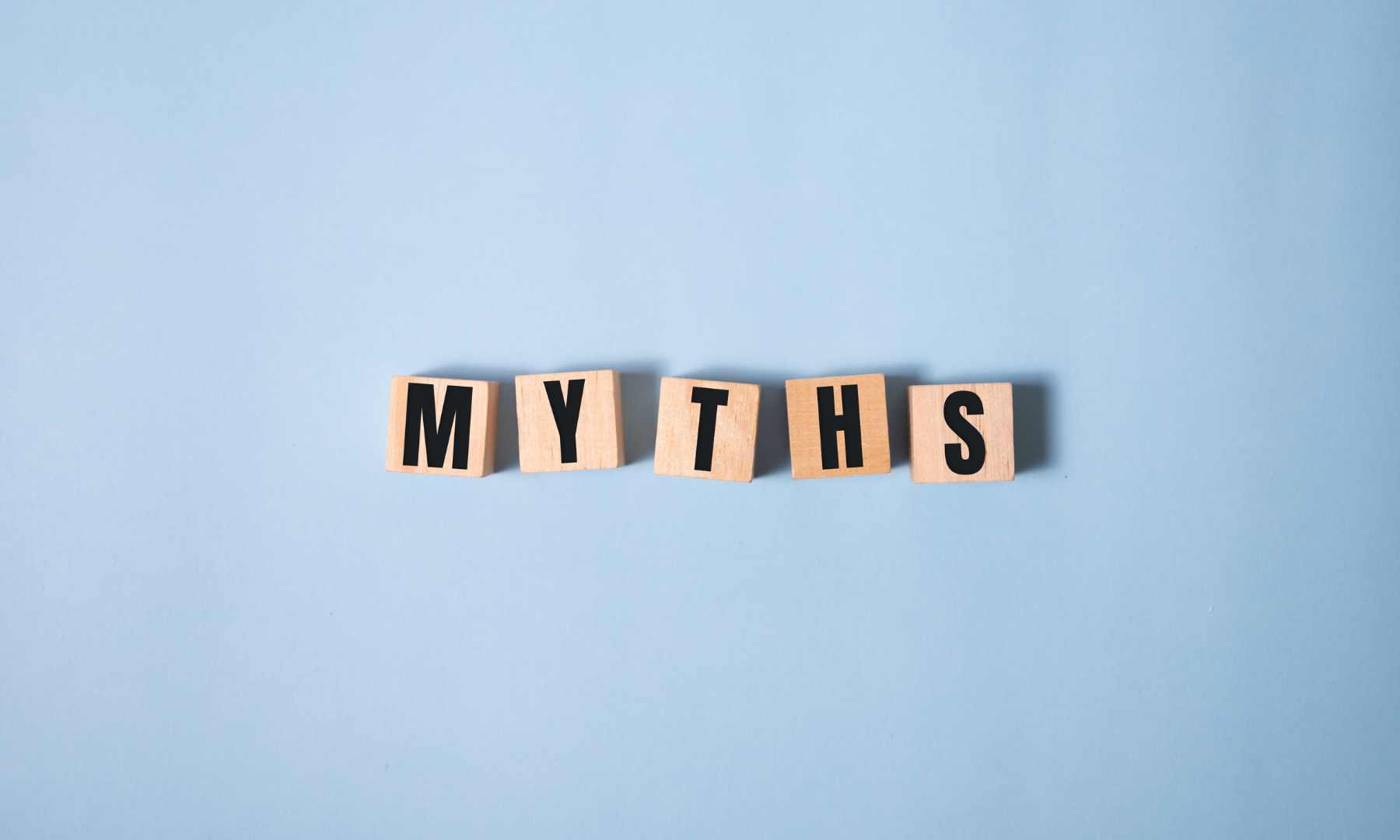
Common Myths About Water Softeners San Antonio Homeowners Should Know This Fall
San Antonio is known for having very hard water, which can leave spots on dishes, shorten appliance life, and irritate skin. Yet many homeowners still hesitate to install or service a water softener because of common misconceptions.
At Simple Water Softeners, we hear these myths all the time — and this fall is the perfect time to set the record straight. Whether you’re considering a new system or maintaining your current one, here’s the truth about the most frequent water softener myths in Texas.
Myth #1: “Softened Water Is Salty and Unsafe to Drink”
The Truth:
Softened water isn’t salty — it’s simply softer because the system swaps hardness minerals (calcium and magnesium) with tiny amounts of sodium or potassium. This doesn’t make the water taste salty or unhealthy. In fact, the sodium added is minimal — usually less than what’s in a slice of bread.
💡 For those watching sodium intake: We can set up your system to use potassium chloride instead, which softens water without adding sodium.
Myth #2: “Water Softeners Waste Water and Are Bad for the Environment”
The Truth:
Modern water softeners are highly efficient and use minimal water during their regeneration cycles. Today’s systems are designed to regenerate only when necessary, saving both water and salt.
By reducing scale buildup in appliances and plumbing, a softener can actually reduce overall water and energy waste, since your water heater and dishwasher don’t have to work as hard.
Myth #3: “Soft Water Damages Pipes and Appliances”
The Truth:
Hard water — not soft water — is what damages pipes and appliances. Minerals in San Antonio’s hard water cause scale buildup, which leads to clogged pipes, low water pressure, and costly breakdowns in water heaters, dishwashers, and washing machines. Soft water prevents this damage and helps appliances last longer.
Myth #4: “You Don’t Need a Softener If You Have City Water”
The Truth:
Even treated city water in San Antonio is extremely hard, with high levels of calcium and magnesium. That’s why homeowners often see spots on dishes, dry skin, and scale buildup despite using municipal water. A water softener is the best defense against these issues.
Myth #5: “Water Softeners Are Too Expensive to Maintain”
The Truth:
A well-installed softener requires minimal maintenance — mainly adding salt or potassium and occasional cleaning. The savings from reduced soap use, longer appliance lifespan, and lower energy bills often offset the cost of maintenance and installation over time.
Myth #6: “Soft Water Feels Slippery Because It Doesn’t Rinse Soap Away”
The Truth:
That silky feeling is actually your skin’s natural oils — hard water leaves a film of soap scum, making skin feel dry and tight. Soft water rinses clean, leaving skin and hair healthier without the residue.
Why Fall Is the Perfect Time to Address Water Quality
Cooler months mean more time indoors, more showers, and more holiday guests using water. Fall is ideal for:
- Checking your current softener’s performance
- Upgrading an old, inefficient system
- Testing your water quality before winter
Being proactive now saves you from holiday plumbing headaches and higher utility bills.
💧 Tired of hard water headaches?
Let Simple Water Softeners help you get the facts and choose the right system for your San Antonio home. We make water softening simple, efficient, and tailored to your family’s needs.
📞 Call (210) 960-2555 or contact us online to schedule a consultation or water quality test today.
FAQ Section
Q1: Does softened water taste salty?
No — the amount of sodium added is minimal and not enough to change the taste for most people.
Q2: Will a water softener increase my water bill?
No. Modern systems are efficient and use minimal water during regeneration.
Q3: Is soft water safe for kids and pets?
Yes. Soft water is safe to drink and bathe in for the whole family, including pets.
Q4: How often should I add salt to my water softener?
Typically every 4–6 weeks, depending on your water hardness and household size.
Q5: Do I need a water softener if I live in San Antonio?
Yes — San Antonio water is very hard and can damage plumbing, appliances, and skin over time.


